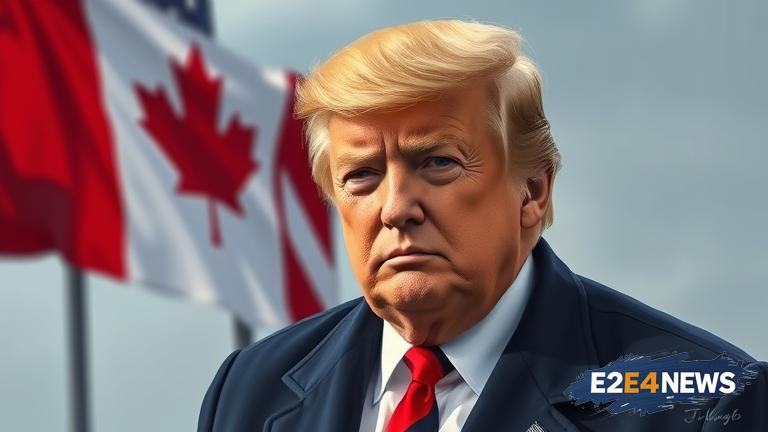A recent incident has garnered significant attention after a man, who refers to himself as a ‘MAGA dad,’ was denied re-entry into the United States following a trip to Canada. The individual, who has not been named, had traveled to Canada for a vacation but was stopped at the border when attempting to return home. According to reports, the man was questioned by US Customs and Border Protection (CBP) agents, who ultimately decided to deny him entry. The reason for the denial has not been officially disclosed, but it is believed to be related to the man’s social media activity and potential ties to extremist groups. The incident has sparked a heated debate about free speech, border security, and the role of social media in determining an individual’s admissibility to the US. Many have taken to social media to express their opinions on the matter, with some arguing that the man’s denial of entry is a clear example of government overreach. Others, however, have defended the CBP’s decision, citing concerns about national security and the potential for extremist ideologies to spread. The man’s self-proclaimed affiliation with the MAGA movement has also been a point of contention, with some viewing it as a symbol of patriotism and others seeing it as a sign of extremism. As the situation continues to unfold, it remains to be seen how the US government will handle similar cases in the future. The incident has also raised questions about the use of social media monitoring in determining an individual’s eligibility for entry into the US. Some have argued that such practices are a violation of privacy and free speech, while others see them as a necessary tool for maintaining national security. The CBP has stated that it uses a variety of factors to determine an individual’s admissibility, including their travel history, social media activity, and potential ties to extremist groups. The man’s denial of entry has also sparked a wider conversation about the complexities of US immigration law and the role of border security in protecting national interests. As the debate continues, it is clear that the incident has highlighted the need for greater clarity and transparency in the application of US immigration law. Furthermore, the incident has also raised concerns about the potential for political ideology to influence decisions about an individual’s admissibility to the US. The man’s case is currently being reviewed, and it is unclear what the outcome will be. In the meantime, the incident has served as a reminder of the complexities and challenges of maintaining national security while also protecting individual rights and freedoms.
